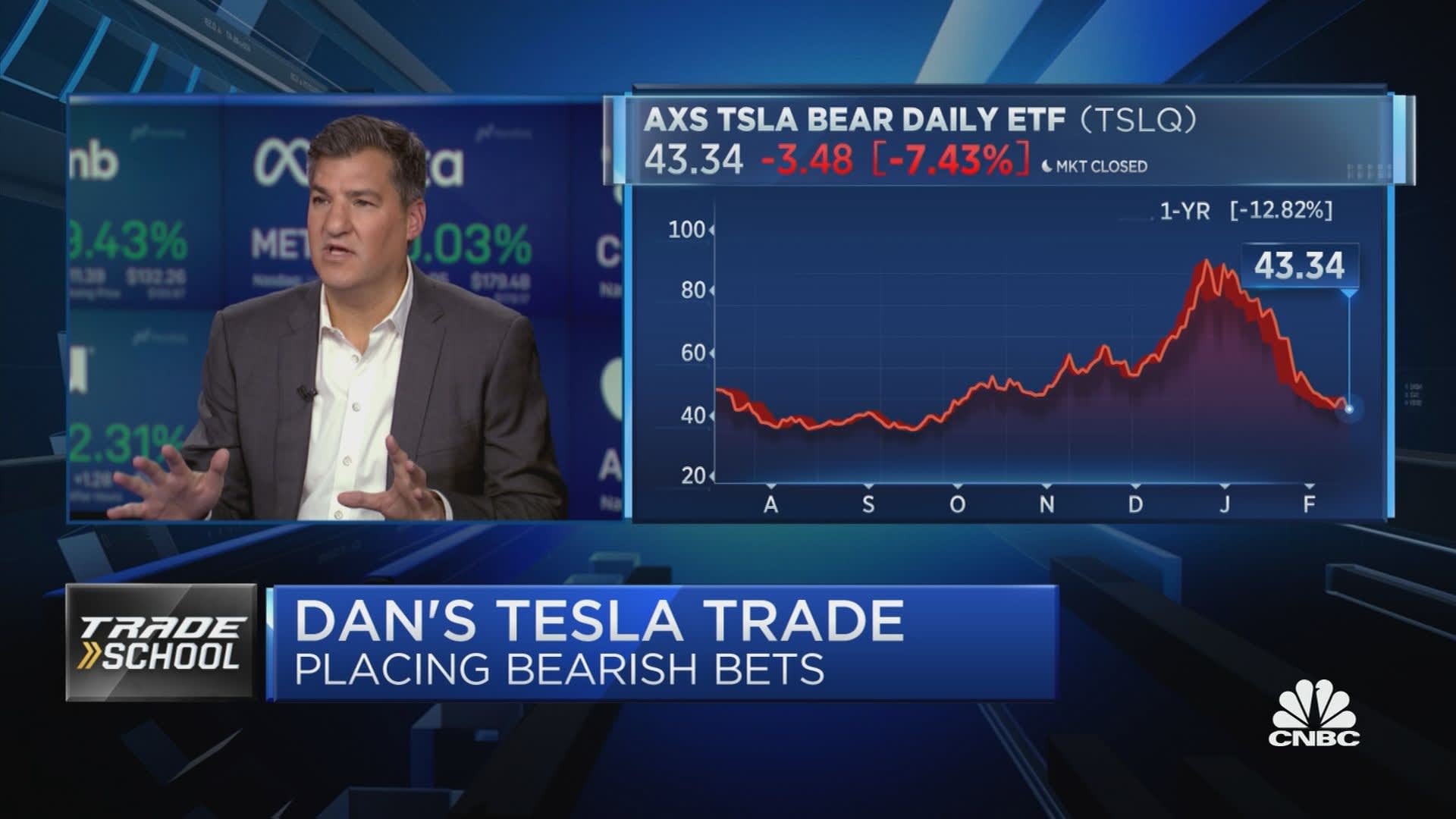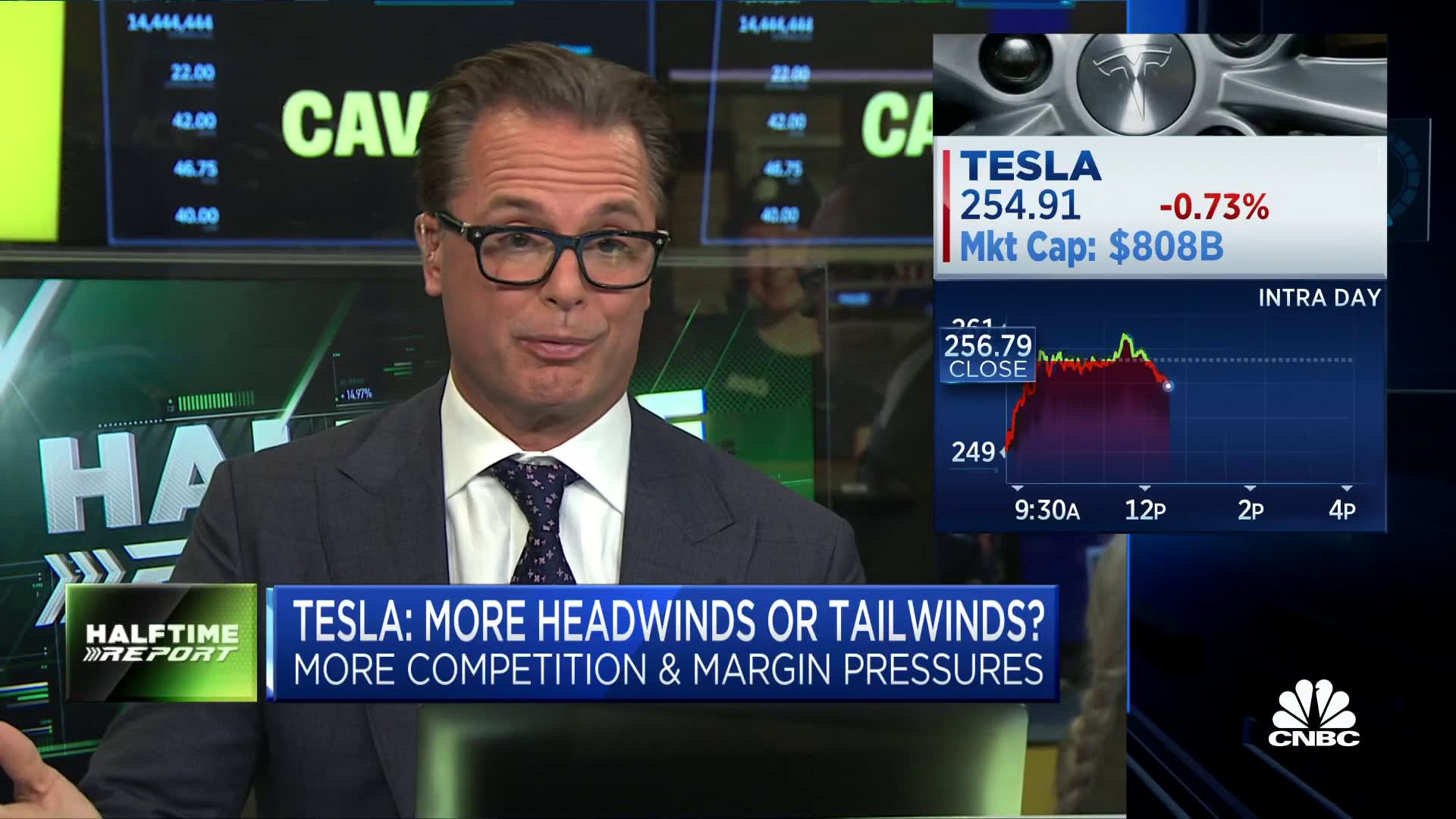Analyzing The Dax: Political And Economic Factors At Play

Table of Contents
Economic Factors Driving DAX Performance
The DAX's performance is intrinsically linked to the health of the German economy. Several key economic factors significantly influence its trajectory.
German GDP Growth and its Impact on the DAX
A strong correlation exists between German GDP growth and DAX performance. Historically, periods of robust GDP growth have generally corresponded with rising DAX values, while recessions or economic slowdowns have negatively impacted the index. For instance, the strong growth experienced in Germany in the years leading up to the 2008 financial crisis saw a significant rise in the DAX, while the subsequent global recession resulted in a sharp decline.
- Strong GDP growth usually leads to increased DAX values. Increased consumer spending and business investment boost corporate profits, leading to higher share prices.
- Recessions or slowdowns negatively affect the DAX. Reduced economic activity translates to lower profits and decreased investor confidence, pushing DAX values down.
- Specific economic sectors significantly influence the DAX. The automotive and manufacturing sectors, crucial components of the German economy, have a disproportionate impact on the DAX. A downturn in these sectors can significantly drag down the index's overall performance. For example, the recent challenges faced by the automotive industry due to the shift towards electric vehicles have had a noticeable impact on the DAX.
Inflation and Interest Rates' Influence on the DAX
Inflation and interest rate adjustments by the European Central Bank (ECB) profoundly affect investor sentiment and DAX performance. Monetary policy plays a crucial role in shaping the economic environment.
- High inflation can lead to increased interest rates, potentially impacting DAX valuations. Higher interest rates increase borrowing costs for businesses, potentially reducing investment and slowing economic growth. This, in turn, can negatively affect corporate profits and the DAX.
- Low interest rates can stimulate borrowing and investment, boosting the DAX. Lower borrowing costs encourage businesses to invest, driving economic growth and positively impacting corporate profits and the DAX.
- Unexpected changes in monetary policy can cause DAX volatility. Sudden shifts in interest rates or inflation targets create uncertainty in the market, leading to fluctuations in the DAX. Effective DAX analysis requires a keen understanding of ECB policies and their potential consequences.
Global Economic Conditions and their Ripple Effect on the DAX
Germany's export-oriented economy makes it highly susceptible to global economic trends. Global factors significantly influence the DAX's trajectory.
- Global economic slowdowns often negatively impact export-oriented German companies, affecting the DAX. Reduced global demand directly impacts German exporters, affecting their profits and share prices.
- Global supply chain disruptions can impact German industries, influencing the DAX. Disruptions to global supply chains can lead to production bottlenecks, impacting German manufacturing and the DAX.
- Geopolitical instability can create uncertainty and volatility in the DAX. Events like trade wars or geopolitical conflicts can create uncertainty, impacting investor confidence and leading to DAX volatility. Effective DAX analysis requires close monitoring of global economic events.
Political Factors Shaping DAX Trends
Political developments within Germany and the European Union significantly influence the DAX. Political stability, government policies, and regulatory changes all contribute to shaping the market's trends.
Government Policies and Regulatory Changes
German government policies, including fiscal policy, environmental regulations, and industrial policies, directly influence the DAX.
- Government spending can stimulate economic growth, positively affecting the DAX. Increased government investment in infrastructure or other sectors can boost economic activity and positively influence the DAX.
- New environmental regulations might impact certain industries, causing DAX fluctuations. Regulations aimed at reducing carbon emissions, for instance, can affect energy-intensive industries, influencing their profitability and the DAX.
- Tax policies can influence corporate profitability and DAX performance. Changes in corporate tax rates can directly impact corporate profits and subsequently the DAX.
Political Stability and Election Outcomes
Political stability and the outcomes of elections significantly affect investor confidence and the DAX.
- Political uncertainty can lead to DAX volatility. Periods of political instability or uncertainty can deter investment, increasing market volatility.
- Coalition governments might bring policy changes impacting the DAX. Changes in government coalitions can lead to shifts in policy, influencing the business environment and the DAX.
- Strong leadership and political stability often contribute to a stable DAX. A stable political environment fosters investor confidence, contributing to a more stable DAX.
European Union Policies and their Influence on the DAX
EU policies, including fiscal rules and trade agreements, have a significant impact on the German economy and, consequently, the DAX.
- EU regulations can impact various sectors listed on the DAX. Regulations affecting sectors like finance or agriculture can influence DAX performance.
- EU trade agreements can influence German exports and the DAX. Trade agreements can open up new markets for German exporters, positively influencing the DAX.
- EU-related political events can create uncertainty and volatility in the DAX. Events like Brexit or other significant EU political events can create market uncertainty and volatility in the DAX.
Conclusion
Analyzing the DAX requires a holistic understanding of the complex interplay between economic and political factors impacting Germany. GDP growth, inflation, interest rates, government policies, and global events all play crucial roles in shaping DAX performance. By carefully considering these elements, investors can enhance their DAX analysis and develop more informed investment strategies. For a more in-depth understanding and to refine your DAX analysis strategies, further research into specific DAX components and their individual sensitivities to these factors is highly recommended.

Featured Posts
-
 Trump At Pope Benedicts Funeral A Collision Of Politics And Ritual
Apr 27, 2025
Trump At Pope Benedicts Funeral A Collision Of Politics And Ritual
Apr 27, 2025 -
 Justin Herbert Chargers 2025 Brazil Season Opener Confirmed
Apr 27, 2025
Justin Herbert Chargers 2025 Brazil Season Opener Confirmed
Apr 27, 2025 -
 Is A Fifth Champions League Place For The Premier League Now Inevitable
Apr 27, 2025
Is A Fifth Champions League Place For The Premier League Now Inevitable
Apr 27, 2025 -
 El Sistema Alberto Ardila Olivares Garantia De Resultados
Apr 27, 2025
El Sistema Alberto Ardila Olivares Garantia De Resultados
Apr 27, 2025 -
 Bencic Triumphs At The Abu Dhabi Open
Apr 27, 2025
Bencic Triumphs At The Abu Dhabi Open
Apr 27, 2025
Latest Posts
-
 Yukon Politicians Issue Contempt Threat Amidst Mining Investigation
Apr 28, 2025
Yukon Politicians Issue Contempt Threat Amidst Mining Investigation
Apr 28, 2025 -
 U S Stock Market Rally Driven By Tech Giants Tesla In The Lead
Apr 28, 2025
U S Stock Market Rally Driven By Tech Giants Tesla In The Lead
Apr 28, 2025 -
 Tesla And Tech Stocks Power U S Market Surge
Apr 28, 2025
Tesla And Tech Stocks Power U S Market Surge
Apr 28, 2025 -
 Starbucks Union Vote Rejects Companys Pay Raise Plan
Apr 28, 2025
Starbucks Union Vote Rejects Companys Pay Raise Plan
Apr 28, 2025 -
 Starbucks Union Spurns Companys Guaranteed Raise Proposal
Apr 28, 2025
Starbucks Union Spurns Companys Guaranteed Raise Proposal
Apr 28, 2025
